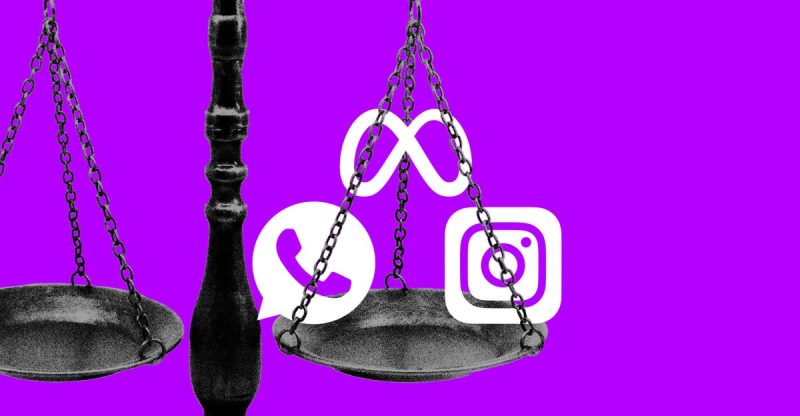
The US Federal Trade Commission (FTC) is challenging Meta’s acquisition of WhatsApp, painting a picture of a world where the two companies remained fierce competitors. The FTC’s argument centers on the idea that a competitive landscape would have fostered innovation and benefited consumers. Meta, however, is presenting a counter-narrative, arguing that WhatsApp, without Meta’s resources and infrastructure, would have been significantly less successful.
Meta’s defense hinges on the testimony of key figures, including WhatsApp co-founder Brian Acton. Acton, who left Meta in 2017 after disagreements over monetization strategies and famously urged users to delete Facebook, surprisingly took the stand to support Meta’s position. His testimony highlights the challenges of scaling a messaging app like WhatsApp, emphasizing that Meta’s infrastructure and resources were crucial for its growth.
While Acton confirmed that he and co-founder Jan Koum never intended to integrate social features like a news feed into WhatsApp or pursue an ad-supported model, he also acknowledged that they lacked a firm commitment from Meta against implementing ads. This admission fuels the FTC’s assertion that WhatsApp’s founders might have been more open to monetization than they publicly claimed, potentially positioning WhatsApp as a competitor to Facebook.
The FTC also presented evidence suggesting that Meta’s acquisition hindered WhatsApp’s growth in certain markets and negatively impacted its privacy policies. Emails revealed Meta’s hesitation to promote WhatsApp in areas where Facebook Messenger was already dominant. Furthermore, Meta pressured WhatsApp to change its privacy policy to allow Facebook to leverage user data for advertising purposes, a move Acton strongly opposed.
Acton’s testimony, while seemingly supportive of Meta, contained some key admissions that bolstered the FTC’s case. He conceded that while Meta’s infrastructure may have helped WhatsApp avoid certain hurdles, the company didn’t actually migrate to Meta’s data centers to prevent outages. Additionally, he admitted that WhatsApp had already achieved significant growth and feature development prior to the acquisition, doubling in size every 12 to 18 months. He even expressed confidence that WhatsApp could have reached one billion users independently within 18 months.
The FTC’s case rests on the idea that a world without Meta’s acquisition of WhatsApp would have resulted in a more vibrant and competitive market. Whether the court will agree remains to be seen, but the testimony and evidence presented thus far offer a compelling look at the complexities of antitrust law and the potential impact of large acquisitions on the tech landscape.









